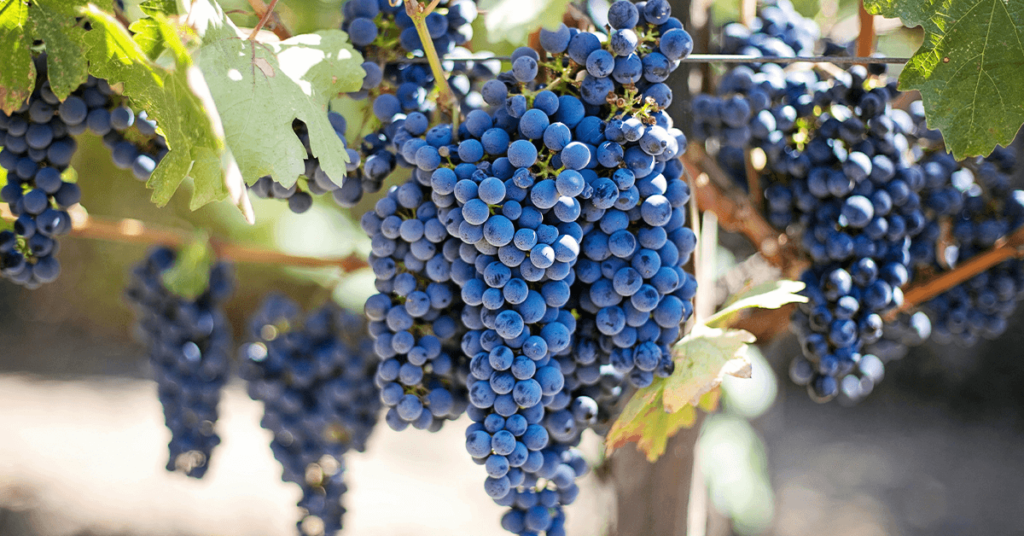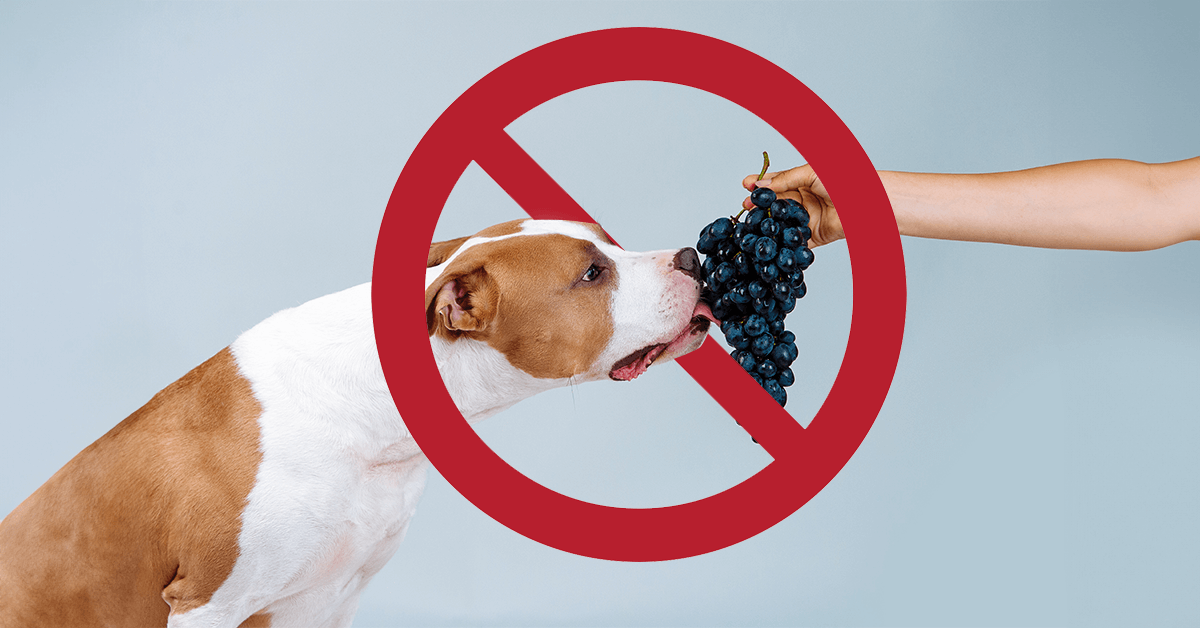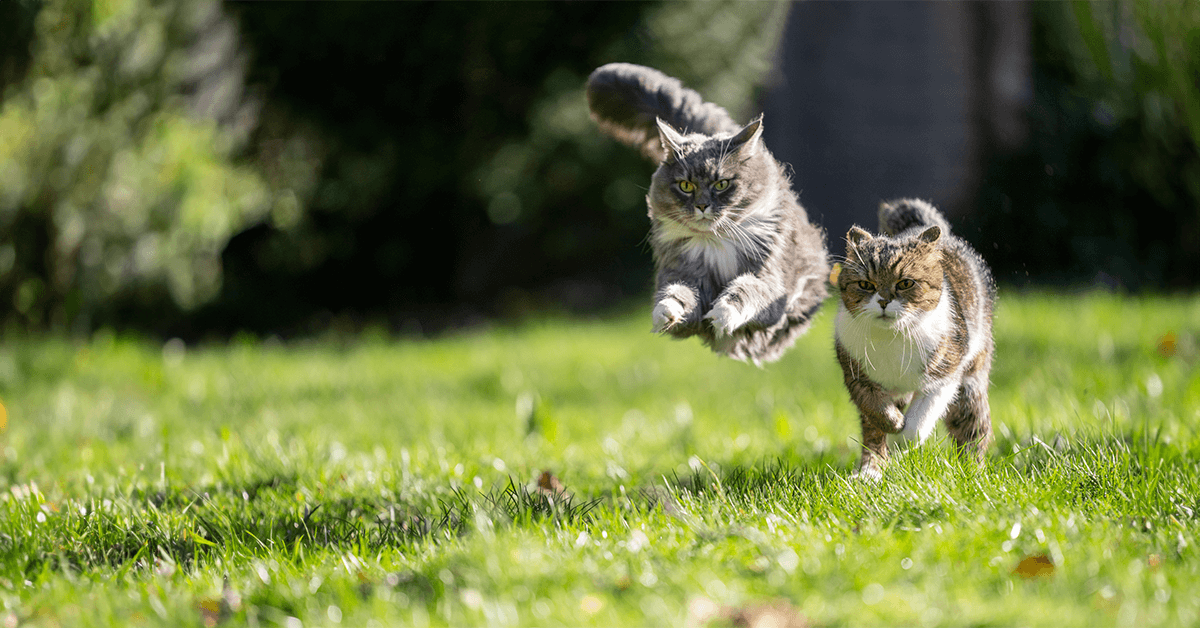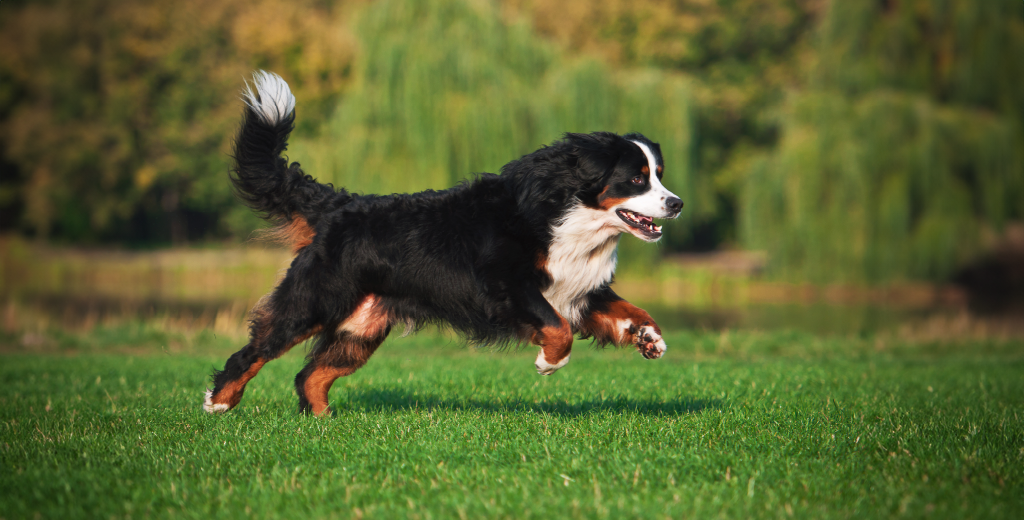Grapes and raisins are harmful to dogs due to their potential to cause severe kidney damage. The exact substance in grapes and raisins that causes toxicity is not fully understood, but the effects can be quite serious. Here’s a breakdown of why grapes are dangerous for dogs.

1. Kidney Damage
- Toxicity: Grapes and raisins can cause acute kidney failure in dogs. This is a serious condition where the kidneys lose their ability to filter toxins from the blood effectively.
- Symptoms: Signs of kidney damage include vomiting, diarrhea, lethargy, loss of appetite, and increased thirst and urination. If not treated promptly, it can lead to kidney failure and can be fatal.
2. No Safe Quantity
- Lack of Threshold: There is no known safe amount of grapes or raisins that can be given to dogs. Even small amounts can potentially cause toxic reactions.
- Varied Sensitivity: Different dogs have varying levels of sensitivity to these fruits. Some dogs may experience severe reactions after consuming only a few grapes, while others might show symptoms after consuming larger quantities. There’s no way to predict how a specific dog will react.
3. Unpredictable Toxicity
- No Specific Ingredient Identified: Researchers have not pinpointed a specific compound in grapes and raisins that causes the toxic effect, which makes it difficult to understand why some dogs are affected and others are not.
- Individual Reactions: Toxicity can vary widely from dog to dog, so there is no clear pattern or reliable predictor of how any individual dog will respond.
4. Potential for Long-Term Damage
- Kidney Damage: If a dog ingests grapes or raisins, the damage to the kidneys can be severe and may result in chronic kidney disease if the dog survives the initial toxicity.
5. Emergency Treatment
- Immediate Action: If you suspect your dog has eaten grapes or raisins, it’s crucial to seek veterinary care immediately. The vet may induce vomiting, administer activated charcoal, or provide intravenous fluids to help flush out toxins and support kidney function.
6. Prevention
- Avoidance: The best approach is to avoid feeding grapes or raisins to your dog altogether. Keep these foods out of reach and be cautious about sharing human food with your pet.
Because of the potential severity of grape toxicity, it’s important to be aware of this risk and take appropriate measures to protect your dog. If you suspect your dog has ingested grapes or raisins, don’t hesitate to contact your veterinarian for advice and assistance.



